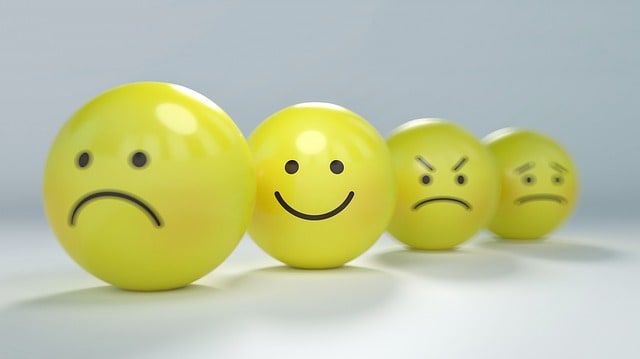Many times, mental health disorders are found to exist alongside substance abuse and dependency. Some underlying disorders include depression, anxiety, PTSD, bipolar disorder and anxiety. Trying to diagnose a mental health disorder can also be tricky when one engages in the use of alcohol, opioids, cannabis, stimulants, or other illicit substances. Abusing drugs or alcohol is considered a mental illness if certain criteria are met, as outlined in the DSM-V.
When both mental health symptoms and substance use symptoms meet the criteria for a DSM disorder, they are considered dual-diagnosis, or co-occurring, disorders. Typically, the substance use increases symptoms of mental health disorders and then the individual self-medicates to “treat” these symptoms. Unfortunately, most people do not understand how easily addiction can occur.
Signs That You or a Loved One Has a Co-occurring Disorder
Depending on the substances you are abusing and which mental health symptoms you are experiencing, individual circumstances can vary vastly between yourself and someone you may know who has a dual disorder diagnosis. Over time, you will see how much these symptoms affect realms of your life, including social, educational, physical health, familial, occupational, and recreational areas of your life. The more that these realms are affected specifically using alcohol or drugs and the symptoms of a mental health disorder, the greater the chance is that you are also experiencing a co-occurring disorder. Going to a doctor and a psychologist to rule out other options, such as prescribed medication side effects, physical health issues, or adjustment disorders, is crucial. It is also essential to get a proper diagnosis to tailor a treatment plan to your individual needs.

Here are some red flags which signal that a psychological evaluation for dual diagnosis disorders could be beneficial :
- The use of illicit substances and alcohol to regulate discomfort or temperament, to reduce anxiety in situations that would otherwise make you feel uncomfortable, to stay attentive, or to block out memories and feelings you would rather not experience.
- Correlations between mental health symptoms and substance or alcohol use. Do you utilize cocaine when you need to stay awake for longer periods of time? Do you smoke pot when you are anxious?
- Do you have a familial history of substance use disorders or mental health disorders?
- Do uncomfortable feelings such as anxiety or depression linger, even when you are sober?
- Is there a history of trauma or abuse in your past that you have yet to work through?
- Have you been treated for substance use disorders or mental health disorders in the past?
Treatment for Dual Diagnosis Disorders
You deserve the chance to learn sober coping skills to reduce the effect co-occurring disorder symptoms will have on your relationships, education, occupation, and other life goals. Do not let mental health or substance abuse symptoms and behaviors prevent you from getting the treatment you could be receiving. Discovery Place of Burns, Tennessee is just a phone call away. Our trained professionals are standing by 24/7. Contact us today at 1-800-725-0922 to learn more about our various alternative treatment programs.
Your symptoms and behaviors affect your loved ones as well. However, by receiving individualized self- help, support, and treatment, you can achieve sobriety and control over your mental health and substance abuse symptoms. Treatment is not only for the individual but also for their family. Family support is vital to aid a loved one in continued recovery.


